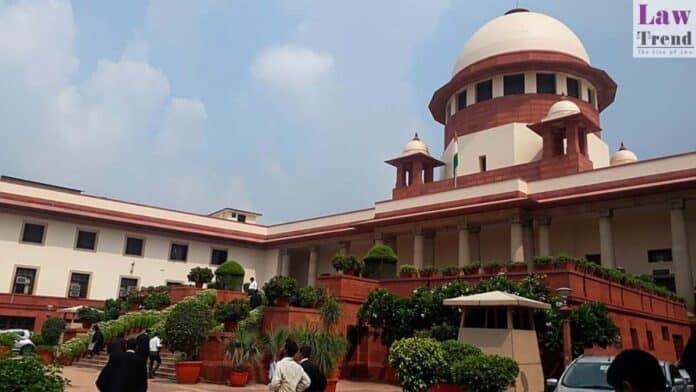The Supreme Court on Wednesday declined to entertain a plea from Swamy Shraddananda, who is serving a life sentence for the murder of his wife, seeking to review the court’s earlier decision mandating that he remain in prison for life. The bench, comprising Justices B R Gavai, P K Mishra, and K V Viswanathan, heard arguments that the life sentence imposed violated fundamental rights under Articles 14 (equality before the law) and 21 (protection of life and personal liberty) of the Constitution.
The justices reiterated that the sentence of lifetime imprisonment without the possibility of release is a constitutionally upheld penalty. “You may argue that on facts it is not justified. But as a sentence, this can be imposed, is upheld now by five judges,” the bench stated during the proceedings.
Shraddananda, 84, whose real name is Murali Manohar Mishra, had been convicted in the killing of his wife Shakereh, who was the granddaughter of Sir Mirza Ismail, the former Dewan of the princely state of Mysore. The couple married in 1986, and Shakereh disappeared in May 1991. It wasn’t until March 1994 that, under intense interrogation by the Central Crime Branch of Bengaluru, Shraddananda confessed to the murder. Her body was later exhumed, leading to his arrest and conviction.
In 2005, a trial court sentenced Shraddananda to death, a decision upheld by the Karnataka High Court later that year. However, upon reaching the Supreme Court, a two-judge bench upheld his conviction but was divided over the sentence. This led to a three-judge bench’s decision in July 2008, which commuted his death sentence to life imprisonment without the possibility of release.
Furthermore, the apex court highlighted that the Constitution bench had affirmed the powers of the President under Article 72 and the Governor under Article 161 to grant pardons or commute sentences despite such life sentences. The bench noted that Shraddananda had already made a representation to the President in this regard.
On September 11, the court had also dismissed a separate writ petition by Shraddananda that sought his release from jail, arguing his continuous incarceration without parole or remission, despite a clean prison record.
This latest judgment confirms the court’s stance, emphasizing that no further interference in the judgment is warranted, effectively extinguishing Shraddananda’s immediate legal options for relief from the life sentence.




